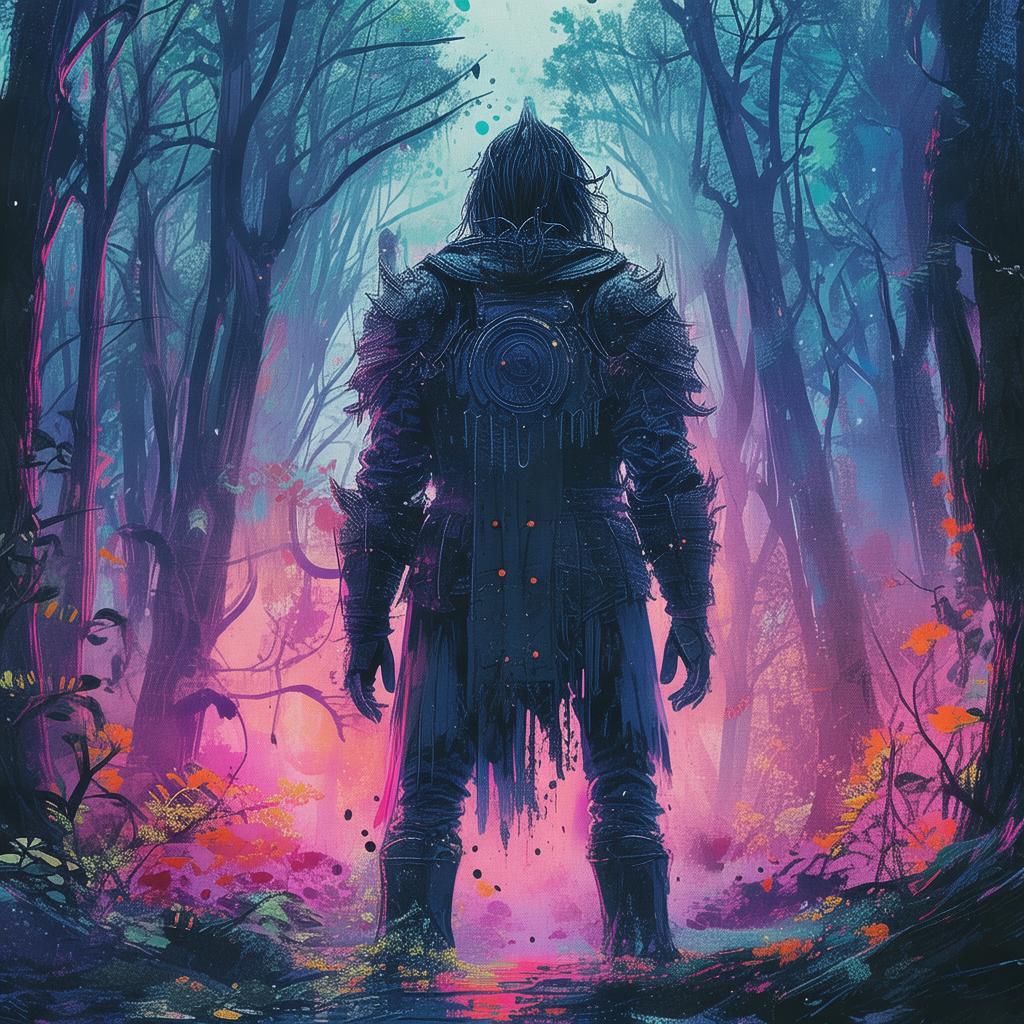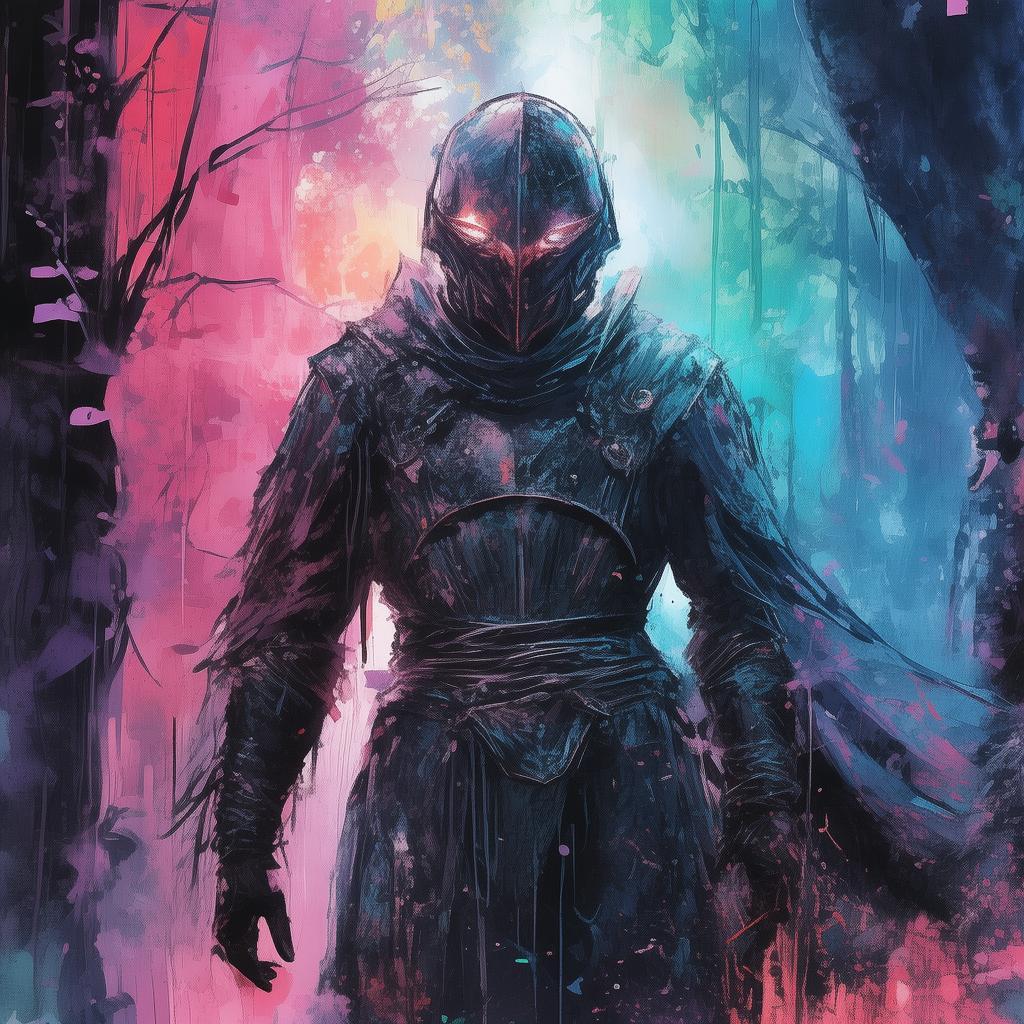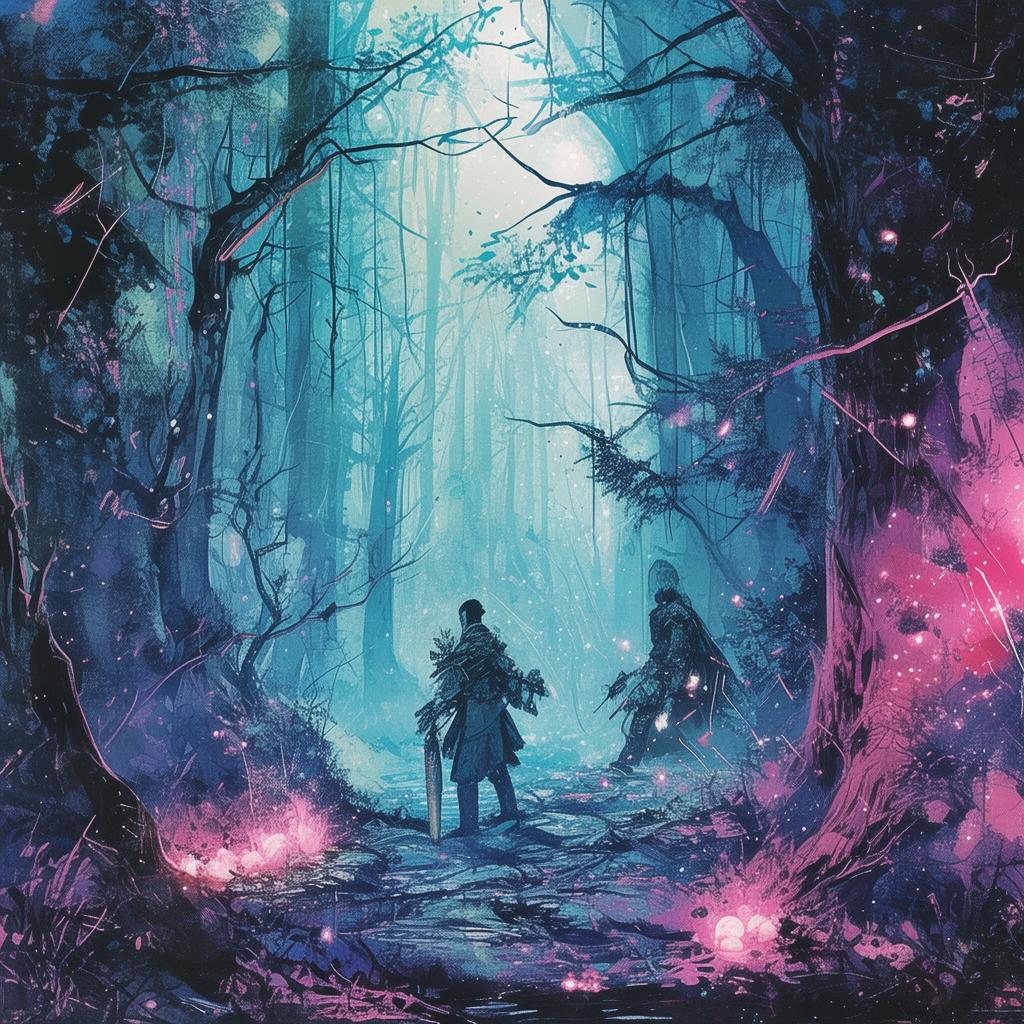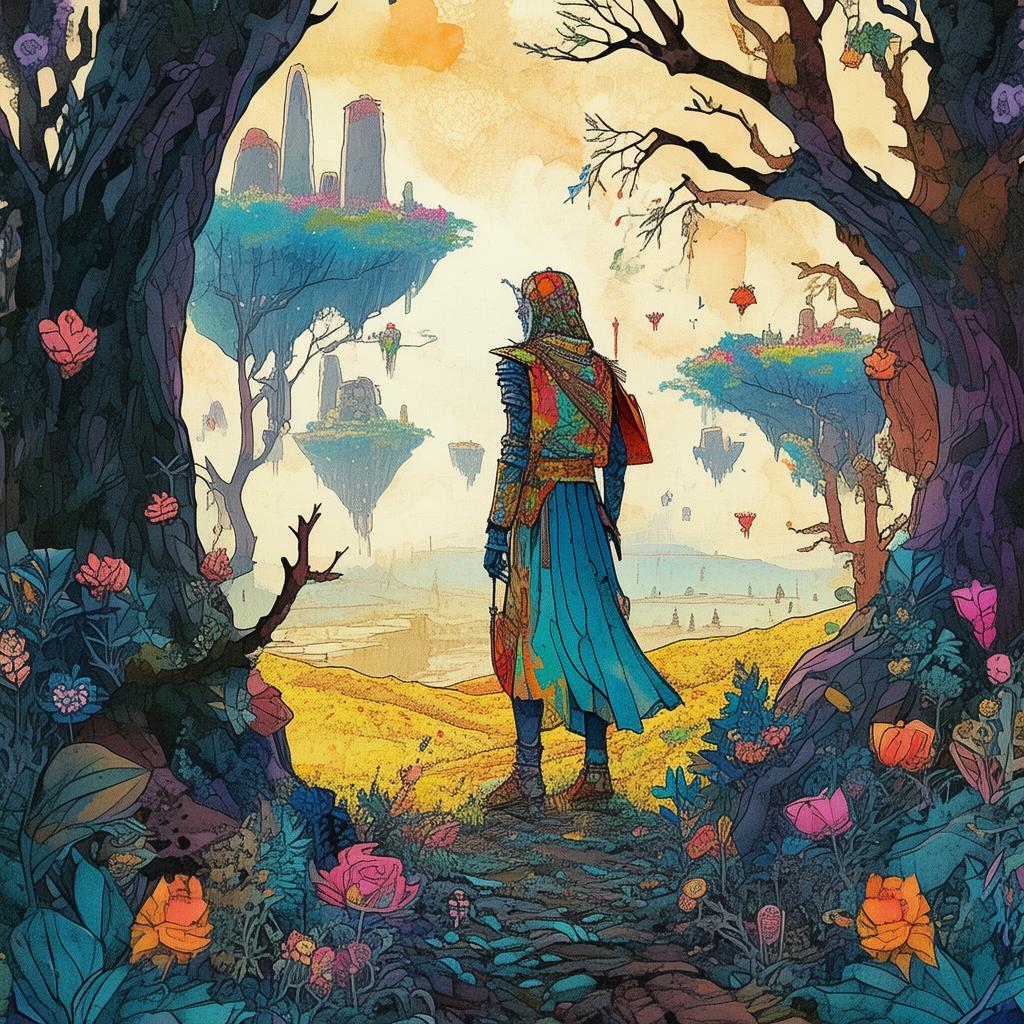The Final Testament: Gandhi's Secret Will
In the heart of the bustling city of New Delhi, amidst the echoes of the past and the promise of the future, there lay an unassuming office, its walls adorned with the faded photographs of a man whose name was synonymous with peace and resilience. This was the office of Advocate Rohan Chaudhry, a young lawyer whose life was about to be upended by a request that would change everything.
The letter had arrived in the dead of night, a simple envelope marked with Mahatma Gandhi's name in bold, black ink. It had been a year since the great leader's passing, and yet, the world seemed to be still reeling from the loss. Rohan had been selected to read the will not because of any special connection to Gandhi, but because he was known for his meticulous attention to detail and his unwavering integrity.
Rohan's mind raced as he opened the letter. The contents were brief but profound: "To my trusted friend and loyal aide, I entrust the fulfillment of my final request. Meet me at the Taj Mahal at midnight on the eve of my 100th birth anniversary."

The Taj Mahal, the symbol of love and eternal memory, had always held a special place in Rohan's heart. But this midnight meeting was shrouded in mystery. Who was the "trusted friend"? And what could be the nature of Gandhi's final request?
As the hour approached, Rohan found himself at the iconic mausoleum, its moonlit beauty a stark contrast to the somber purpose of his visit. He stood there, alone, until a figure emerged from the shadows. It was Prem, a man he had once considered a mentor, now a fellow lawyer, and someone who had been close to Gandhi in his final days.
Prem's eyes held the weight of a secret that was about to be revealed. "Rohan," he began, his voice barely above a whisper, "Gandhi's final request was not for himself, but for the future of India. He believed that the country was on the brink of a crisis, and he left us a will that could either unite us or tear us apart."
Rohan's heart raced as Prem unfolded a sealed envelope. Inside was a document, its pages filled with Gandhi's handwriting. As they read through it, they discovered a series of instructions, each one more extraordinary than the last.
The first instruction was to gather a group of India's most influential leaders, including political figures, religious leaders, and intellectuals. The second was to convene a meeting at the Red Fort, where Gandhi had delivered some of his most iconic speeches. The third and most shocking of all was the request to place Gandhi's body in the center of the assembly hall, a move that would be unprecedented and deeply controversial.
As they delved deeper into the will, Rohan and Prem realized that Gandhi's request was not a mere act of whimsy. It was a strategic move to provoke dialogue and introspection among the nation's leaders. Gandhi believed that by bringing his own remains into the public eye, it would force a conversation about the direction in which India was heading.
The story of the will spread like wildfire, and the nation was divided. Some saw it as a disrespectful act, a desecration of Gandhi's memory. Others believed it was a profound act of selfless love, a final appeal for peace and unity.
Rohan and Prem were thrust into the center of this controversy, their lives and reputations hanging in the balance. They faced fierce opposition, both from within and outside the country. But they were determined to honor Gandhi's request.
As the day of the meeting approached, Rohan and Prem worked tirelessly to prepare. They organized the gathering, arranged for security, and ensured that every detail was perfect. The nation watched with bated breath as the event unfolded.
When the moment arrived, the leaders of India filed into the Red Fort, their faces reflecting a range of emotions. The atmosphere was tense, the weight of history hanging heavy in the air. And then, as if on cue, the body of Mahatma Gandhi was placed in the center of the assembly hall.
The room fell silent. There was a collective intake of breath, a moment of profound realization. Gandhi's presence, though physical, was more powerful than any speech could ever be. The leaders looked at one another, their differences suddenly pale in comparison to the common goal of honoring a man who had given his life for the cause of India's independence.
In the silence that followed, a new conversation began. It was a conversation about unity, about the future of the nation, and about the legacy of Mahatma Gandhi. The meeting ended not with a resolution, but with a commitment to continue the conversation, to work together, and to strive for a better India.
Rohan and Prem returned to their lives, their reputations forever changed. But they knew that they had been a part of something extraordinary, something that would resonate for generations to come.
The Final Testament: Gandhi's Secret Will was not just a story of a man's final request. It was a story of courage, of sacrifice, and of the enduring power of peace and unity. It was a testament to the belief that even in the darkest of times, there is always hope.
✨ Original Statement ✨
All articles published on this website (including but not limited to text, images, videos, and other content) are original or authorized for reposting and are protected by relevant laws. Without the explicit written permission of this website, no individual or organization may copy, modify, repost, or use the content for commercial purposes.
If you need to quote or cooperate, please contact this site for authorization. We reserve the right to pursue legal responsibility for any unauthorized use.
Hereby declared.









